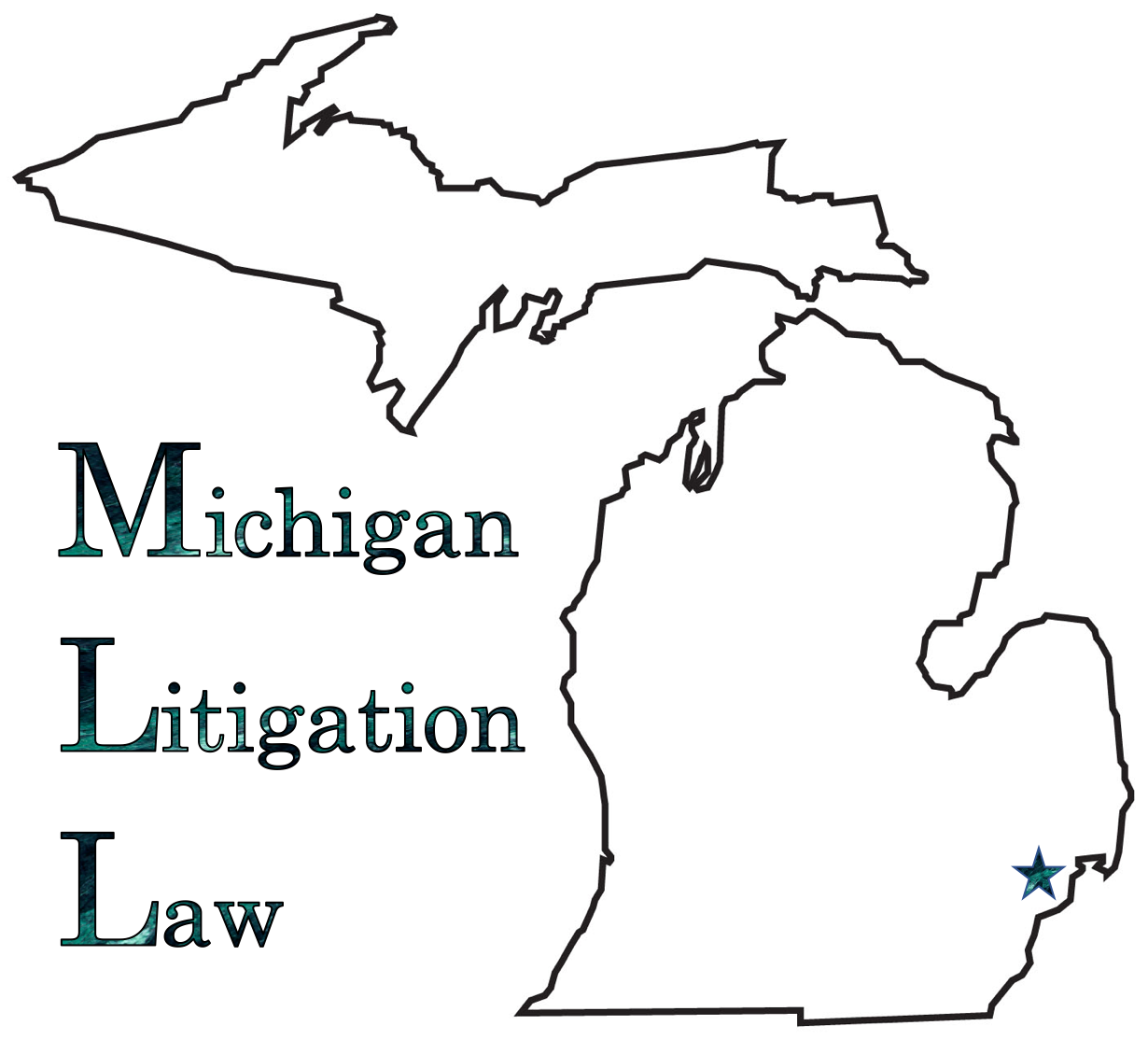Supreme Court Upholds Procedure That’s Said to Combat ‘Patent Trolls’
The Supreme Court on Tuesday upheld the constitutionality of a procedure that makes it easier to challenge questionable patents.
The procedure, created by Congress in 2011, resembles a trial in federal court, but is conducted by an executive-branch agency. Supporters say it helps combat “patent trolls,” or companies that obtain patents not to use them but to demand royalties and sue for damages.
Opponents say the procedure violates the Constitution by usurping the role of the federal courts, violating the separation of powers and denying patent holders the right to a jury trial.
By a 7-to-2 vote, the Supreme Court ruled that the procedure was a permissible way for the agency that administers patents to fix its mistakes.
Stephanie Martz, general counsel of the National Retail Federation, said the court’s ruling was “a major step toward stopping patent trolls and their attempts to commit extortion against retailers and other businesses that have done nothing wrong.”
Continue reading the main story
Related Coverage
Supreme Court Ruling Could Hinder ‘Patent Trolls’ MAY 22, 2017
Supreme Court Considers Why Patent Trolls Love Texas MARCH 27, 2017
Supreme Court Weighs Streamlined Patent Challenges NOV. 27, 2017
“Making it clear that many cases can and should be resolved by fixing patents at the patent office rather than rushing to court to sue for infringement makes it much easier for our members to fight patent trolls,” Ms. Martz said in a statement.
But Adam Mossoff, a law professor at George Mason University, said in a statement that the Supreme Court had taken a wrong turn.
The decision, he said, “destabilizes the foundation that patents provide to the U.S. innovation economy, as stable and effective property rights are the necessary platform from which inventors, venture capitalists and companies create the new products and services that have made life a modern miracle.”
The case grew out of a dispute involving Oil States Energy Services, which owned a patent for protecting wellhead equipment during hydraulic fracturing while drilling for oil. A competitor, Greene’s Energy Group, successfully challenged the patent under the procedure, called “inter partes” review, which is Latin for “between the parties.”
An administrative tribunal created by the 2011 law, the Patent Trial and Appeal Board, ruled that the patent was invalid. According to a brief filed by the federal government, the tribunal had, as of July, canceled all or part of more than 1,300 patents.
Oil States appealed its administrative loss to the United States Court of Appeals for the Federal Circuit, which is part of the judicial branch, arguing that its constitutional rights had been violated by the tribunal procedure. The appeals court rejected the arguments.
On Tuesday, the Supreme Court agreed.
“This court has recognized, and the parties do not dispute, that the decision to grant a patent is a matter involving public rights — specifically, the grant of a public franchise,” Justice Clarence Thomas wrote for the majority. “Inter partes review is simply a reconsideration of that grant.”
Justices Anthony M. Kennedy, Ruth Bader Ginsburg, Stephen G. Breyer, Samuel A. Alito Jr., Sonia Sotomayor and Elena Kagan joined the majority decision.
Justice Thomas wrote that it was irrelevant that the administrative proceedings resembled an adjudication.
“This court has never adopted a ‘looks like’ test to determine if an adjudication has improperly occurred outside” a federal court created by Article III of the Constitution, he wrote. “The fact that an agency uses court-like procedures does not necessarily mean it is exercising the judicial power.”
In dissent, Justice Neil M. Gorsuch said the majority had done damage to the power and independence of the federal judiciary.
“Until recently, most everyone considered an issued patent a personal right — no less than a home or farm — that the federal government could revoke only with the concurrence of independent judges,” he wrote. “But in the statute before us Congress has tapped an executive agency, the Patent Trial and Appeal Board, for the job.”
“Supporters say this is a good thing because the Patent Office issues too many low-quality patents; allowing a subdivision of that office to clean up problems after the fact, they assure us, promises an efficient solution,” he wrote. “And, no doubt, dispensing with constitutionally prescribed procedures is often expedient. Whether it is the guarantee of a warrant before a search, a jury trial before a conviction — or, yes, a judicial hearing before a property interest is stripped away — the Constitution’s constraints can slow things down.”
Chief Justice John G. Roberts Jr. joined Justice Gorsuch’s dissent in the case, Oil States Energy Services v. Greene’s Energy Group, No. 16-712.

